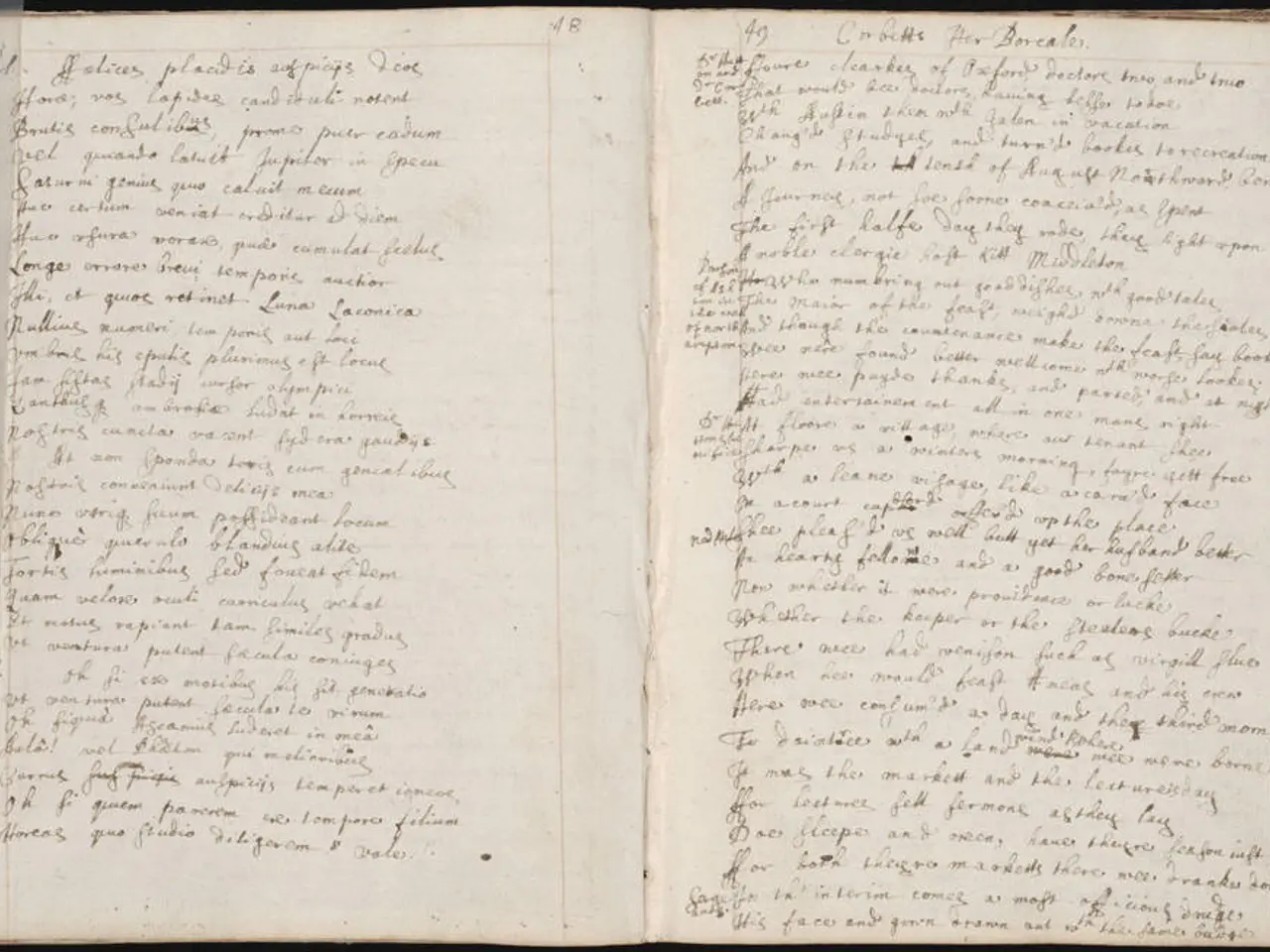Crafting a Eulogy: Comprehensive Guide, Including Samples and Models (Year 2025)
In the solemn occasion of a funeral or memorial service, the eulogy plays a significant role in honouring and celebrating the life of the departed. The decision of who will deliver this poignant speech is a deeply personal one, influenced by family dynamics, cultural traditions, and individual comfort levels.
Common choices for delivering a eulogy typically include immediate family members, close friends, and sometimes significant public figures or officials who had a meaningful relationship with the deceased. In faith-based funerals, a religious leader such as a clergy member or celebrant might also deliver words of committal or eulogies, especially if it aligns with the family's traditions.
When selecting the speaker, several considerations come into play. The speaker should have had a meaningful relationship with the deceased, be comfortable with public speaking, and be able to express emotions thoughtfully and clearly. The eulogy should be concise, typically a few pages or minutes long, to keep the attention and provide a meaningful tribute without overwhelming the audience.
If the funeral is religious, tradition might dictate the choice, often favouring clergy or religious figures; however, many services allow flexibility and personal touches. Emotional readiness is also crucial, as the person chosen should be able to handle the emotional weight of the event without becoming overwhelmed, ensuring the speech is delivered effectively.
Inclusivity and respect for the deceased’s wishes are also important. Consideration of the deceased’s preferences or prior wishes about who should speak is important where known. It's also possible to have more than one person speak at a eulogy, which can share the emotional burden, offer different perspectives, allow more people to participate, and create a more complete picture of the deceased's impact.
When writing a eulogy, it's important to focus on capturing the loved one's best qualities, specific details, and universal themes that others can relate to. A eulogy should not include inside jokes that most won't understand, controversial or negative topics, private matters the deceased wouldn't want shared, complicated or overly detailed stories, inappropriate humor or criticism, or the cause of death unless it's necessary or preferred by the family.
When delivering the eulogy, connect with the audience, make occasional eye contact, speak slowly and clearly, and project your voice naturally. A eulogy should focus on celebrating the person's life rather than the details of their death.
In summary, the ideal person to deliver a eulogy is someone who knew the deceased well, is comfortable speaking publicly, can convey sincere and meaningful reflections, respects any religious or cultural customs involved, and can offer comfort to the grieving community. The eulogy template is flexible and can be adjusted based on individual needs.
- A person delivering a eulogy might be from the realm of fashion-and-beauty, evoking memories of the deceased's impeccable style and grace.
- During travel, shared adventures can form strong relationships that could lead a companion to be chosen to deliver a heartfelt eulogy.
- The love for pets runs deep, and if the departed had a cherished companion, a pet owner might express the profound bond through a poignant eulogy.
- In the world of sports, a fellow athlete or coach who shared the passion for the game with the deceased could offer a unique eulogy, celebrating their inspiring dedication and spirit.




